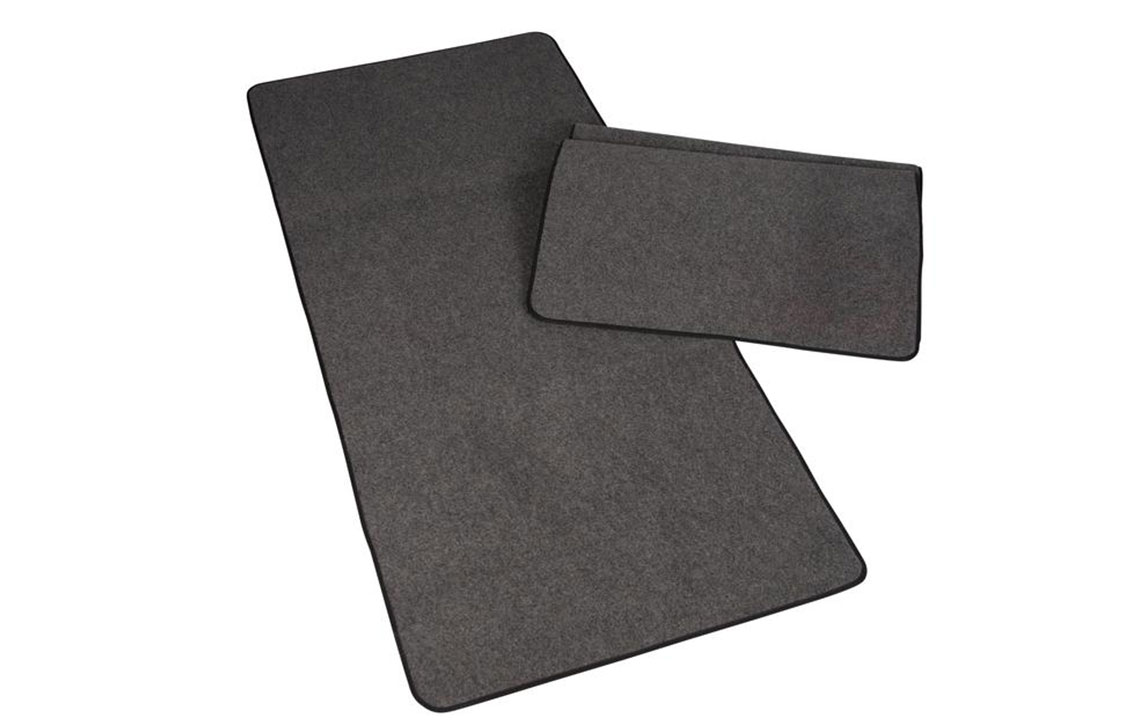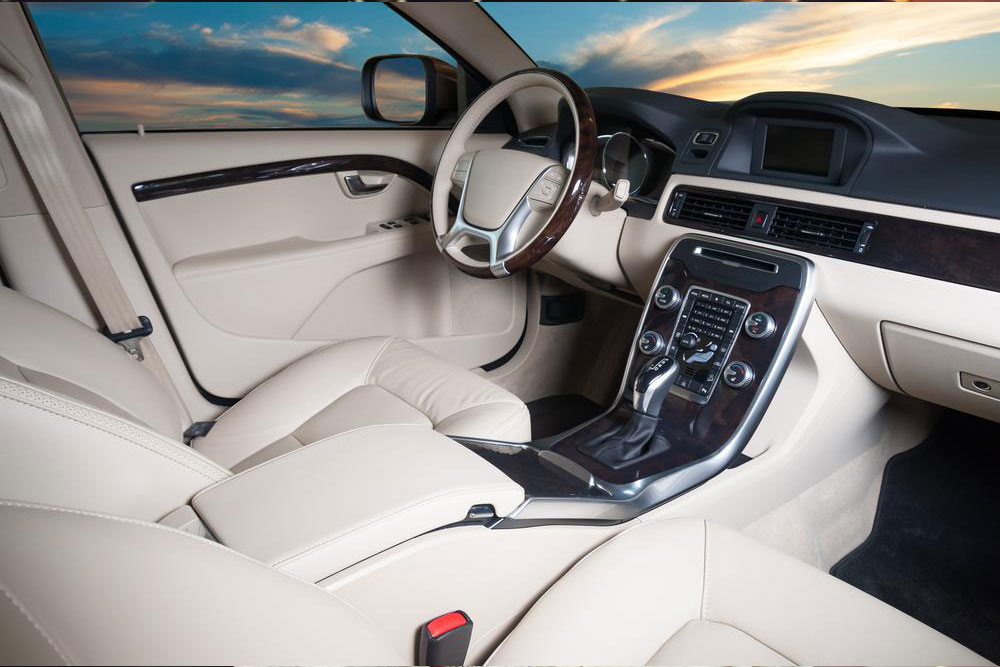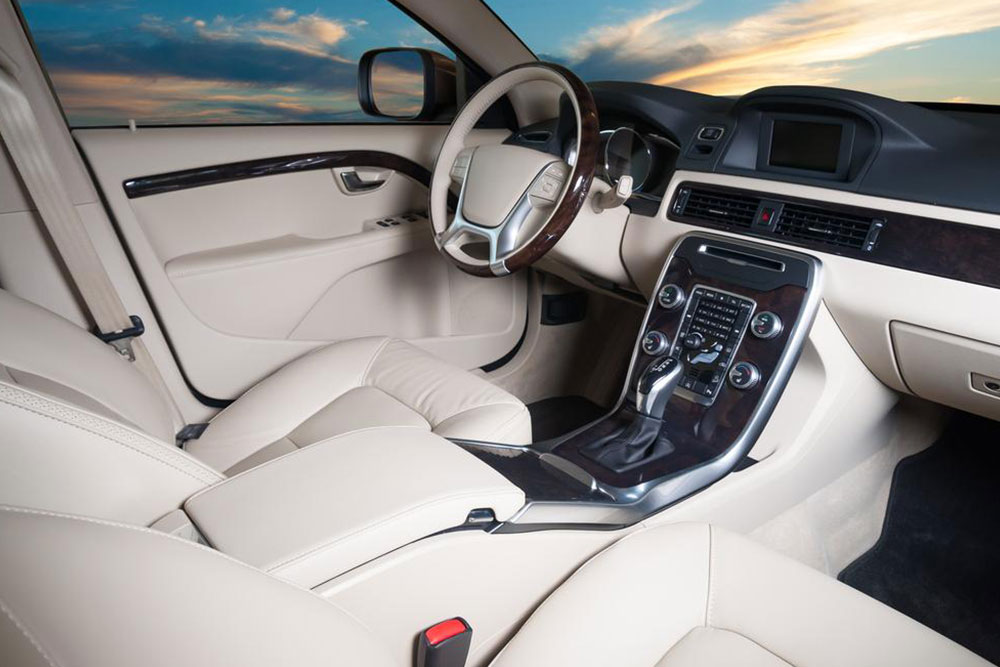Comprehensive Guide to Choosing the Best Floor Mats for Your Vehicle
Discover an extensive guide on how to choose the perfect floor mats for your vehicle. Learn about different materials such as rubber, vinyl, plastic, and metal, and find out how to select the right fit, style, and functionality to suit your needs. This article offers expert tips on evaluating durability, maintenance, and environmental impact, ensuring your vehicle's interior remains pristine and protected. Whether for daily commuting, off-road adventures, or show cars, find the ideal mats to enhance your driving experience and preserve your car’s value.

Comprehensive Guide to Choosing the Best Floor Mats for Your Vehicle
Expert Tips for Selecting High-Quality Floor Mats for Your Car
Many vehicle owners underestimate the significance of quality floor mats, believing that any mat will suffice. However, dedicated car enthusiasts and everyday drivers alike understand that the right set of floor mats not only enhances the interior aesthetic but also provides essential protection, durability, and comfort. Properly chosen mats can preserve your vehicle’s resale value, keep the interior clean, and reflect your personal style. Making an informed decision involves considering factors such as material, fit, style, ease of maintenance, and intended usage.
This comprehensive guide delves into various types of floor mats available in the market, comparing their features, benefits, and potential drawbacks. By understanding these options, you can select the ideal mats tailored to your vehicle’s needs and your lifestyle.
Choosing the right floor mats requires a detailed understanding of material options and design features. Materials such as vinyl, rubber, carpet, plastic, polyester, and even metal are commonly used today. Each has distinct advantages suited to different needs, whether it's for aesthetics, durability, ease of cleaning, or environmental considerations.
Vinyl vs. Rubber Mats: What You Need to Know
Vinyl and rubber mats are often confused but are fundamentally different in composition and performance. Both materials are known for their resilience and adaptability, making them popular choices for custom-fit options in many vehicles.
Rubber mats tend to be thicker, providing excellent protection against mud, water, and heavy dirt. They are highly resistant to wear and tear but tend to be more expensive, especially in thicker, ribbed designs that offer extra grip and protection.
Vinyl mats are more affordable and easier to maintain; they typically can be cleaned with just soap and water, making them ideal for quick upkeep. However, vinyl may wear out faster under heavy use or exposure to harsh elements, necessitating more frequent replacements.
Plastic and Polyester Floor Mats: Advantages and Disadvantages
Recycled plastic mats are an eco-friendly option for environmentally conscious consumers. These mats often utilize repurposed plastic bottles, making them sustainable while still durable and customizable in color and design.
Plastic mats are highly resistant to moisture, mold, and mildew—perfect for rainy climates or for those who frequently go off-road. They also come with various textures to suit different aesthetic preferences and functional needs.
Hypoallergenic plastic mats benefit allergy sufferers by reducing dust accumulation and ease cleaning, improving overall vehicle interior hygiene.
On the downside, plastic mats can wear quickly over time, especially if subjected to abrasive conditions. They also have a tendency to retain oil and spill stains, which may affect their appearance and lifespan.
Metal Floor Mats: Stylish and Durable?
Metal floor mats offer a distinctive, glossy appearance and are generally used for aesthetic appeal or specialized purposes. They often find their place in custom trucks, show cars, or work vehicles.
While they provide an ultra-durable surface resistant to most physical damage, metal mats are less common, often require professional installation, and can be challenging to replace or modify.
Generally manufactured by specific vehicle or accessory brands, they are suitable for trucks or vehicles with industrial or rugged themes rather than everyday passenger cars.
Tips for Selecting the Ideal Floor Mats
Accurately measure your vehicle’s floor dimensions before purchasing to ensure a perfect fit. Proper-fitting mats prevent shifting and reduce the risk of damage or discomfort while driving.
Universal or all-weather mats are designed to fit most vehicles, offering a convenient and cost-effective solution if you are unsure of specific measurements.
If the mats are made from flexible materials, consider slightly larger sizes and trim them carefully to match your vehicle's contours for a precise fit.
Avoid selecting mats that are too small or flimsy, as they will not provide adequate protection or may slide around during driving.
Prioritize materials that are easy to clean, odor-resistant, and capable of withstanding moisture, dirt, and spills to ensure longevity and hygiene inside your vehicle.
Implement regular cleaning routines—vacuuming, washing, and drying—to extend the life of your mats while maintaining a fresh vehicle interior.
In conclusion, choosing the right floor mats involves evaluating your specific needs, preferences, and vehicle type. Considering factors like material durability, ease of maintenance, fit, and aesthetic appeal ensures you select the best mats that combine functionality with style. Investing in high-quality floor mats not only protects your vehicle’s flooring but also enhances the overall driving experience — making every journey more comfortable, clean, and stylish.





